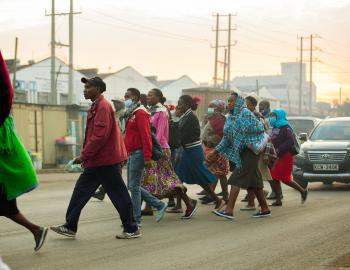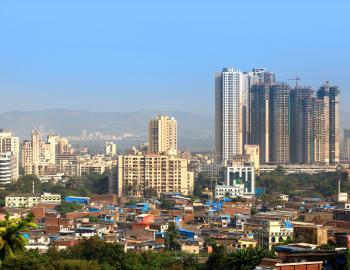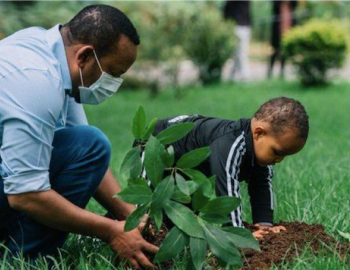POLICY BRIEF: Revealing the potential of climate diplomacy to boost poor countries’ interests
POLICY BRIEF: Revealing the potential of climate diplomacy to boost poor countries’ interests
This policy brief explores the potential for Least Developed Countries to use ‘climate diplomacy’ to promote more ambitious international action on climate change, both inside and outside the formal, global talks.
The publication by Kiran Sura and Nadia Schweimler was launched on 3 September at the Pacific Islands Forum Summit in Majuro, Republic of the Marshall Islands. It urges the leaders of Least Developed Countries (LDCs) – which are most vulnerable to climate change – to integrate climate messaging into many aspects of foreign and diplomatic affairs. By so doing, the authors argue, ‘climate diplomats’ are more likely to catalyse ambitious, collective action both outside the United Nations Framework Convention on Climate Change (UNFCCC) and within.
The authors put forward a three-point plan for making the most of climate diplomacy’s potential:
1. Raise wide awareness on the home front of how climate action serves the national interest – how deep cuts in greenhouse gas emissions by large emitting nations, and efforts to build resilience by the poorest, are critical for citizens’ wellbeing and survival;
2. Understand how foreign governments might see action on climate change as being in their national interest, and develop ways to deploy these arguments in diplomatic relations; and
3. Train the Least Developed Country’s diplomatic corps on key climate issues and reinforce key climate messages – and educate climate experts to communicate in policy-relevant ways.
Ms Sura and Ms Schweimler document some of the types of climate science information and intelligence about other countries’ policy drivers that could underlie an effective climate diplomacy strategy. They draw on recent experiences from the Republic of the Marshall Islands and the Least Developed Country negotiating group in the UNFCCC, where diplomatic resources have been well organised to promote poor countries’ climate-related concerns.
Picture: Matt Strumann



